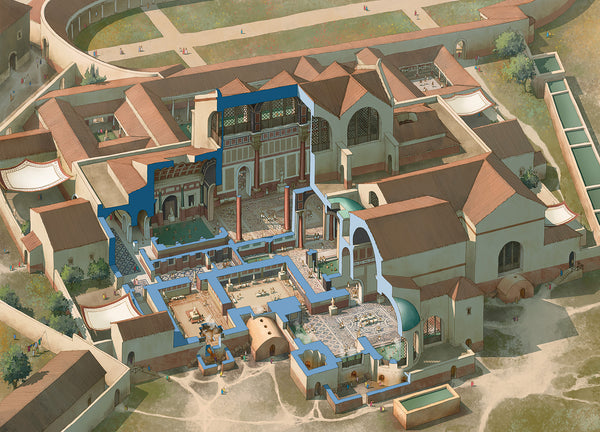1492 and its consequences
By Jonathan Jones
In every age up to and including our current era, decisions are taken by governments, business people, and religious and other authorities without thinking through all the possible consequences. I learned that early on in my career as a young international commercial lawyer, when it was pointed out to me that the effect of taking on a risky venture was not just the cost of the initial investment but the long list of expensive and human consequences of closing down the mistaken venture far beyond the up-front time and money expended.
In 1492, the decision to expel the Jews from Spain and to enforce conversion in Portugal ought to have received more thought and consideration. A drive for religious exclusivity prevailed, and if voices were raised about the downside of those decisions, they were not properly heard. Doubtless, Ferdinand and Isabella were convinced of their own good judgment after a considerable run of success. But it is often after long periods of success that mistakes are made.
Jews had been on the Iberian Peninsula for at least 1500 years before 1492. Across the Mediterranean, a Jewish diaspora was well established even before St Paul set out to internationalize the newly formed church. Long-distance trading relationships linked Jewish communities across the world. The Radhanite Jewish trading network that formed in the early medieval period extended trade to other parts of Europe and Iberia, and on into Asia via the Silk Roads.
By 1492, Spain had hundreds of thousands of Jews in residence at many different levels of society. Traders, financiers, navigational astronomers, and map-makers were all instrumental in supporting the new Spanish and Portuguese trading ventures launching out across the globe.
The impact of the expulsion of the Jews from Spain and the forced conversion of Jews in Portugal under pressure from Ferdinand and Isabella had immediate and long-term effects. By the turn of the sixteenth century, skilled Jews moved not only to North Africa but to other parts of Europe and to nations that would compete with Spain in the struggle for supremacy.
Far to the north, the mercantile city of Amsterdam became a welcoming destination for Jews with commercial skills. The Dutch eventually fought the Spanish in the Eighty Years War (1568–1648), but as they looked to shake off the Spanish yoke they aimed to challenge Portuguese supremacy in the Spice Trade in Indonesia and other parts of Asia. Portuguese Jews knew how the Portuguese operated the trade and gave valuable secret information to the Dutch. As time went on, they would also be investors in the Dutch East India Company, arguably the world’s first multi-national corporation, eventually removing the Portuguese from many of their trading posts in Indonesia, India, and other parts of Asia.
The Spanish Empire quickly grew after 1492, but financial mistakes, especially the effect of very high inflation caused by the flooding of Europe with silver from Spanish possessions, weakened Spain.

It may go too far to say that had Spain retained its skilled Jewish financiers and maintained its trading networks spreading across the world, some understanding of the effects of this inflation in different locations may have alleviated the consequences of this problem.
In failing to stop and think about the loss of so much expertise and the income and networks resulting from a Jewish presence and contribution to society, long-term consequences were likely. This is just one of many lessons from history to assess long-term consequences before making major, radical decisions.
To learn more about the events of 1492 in late medieval Spain, check out the latest issue of Medieval World: Culture & Conflict.

